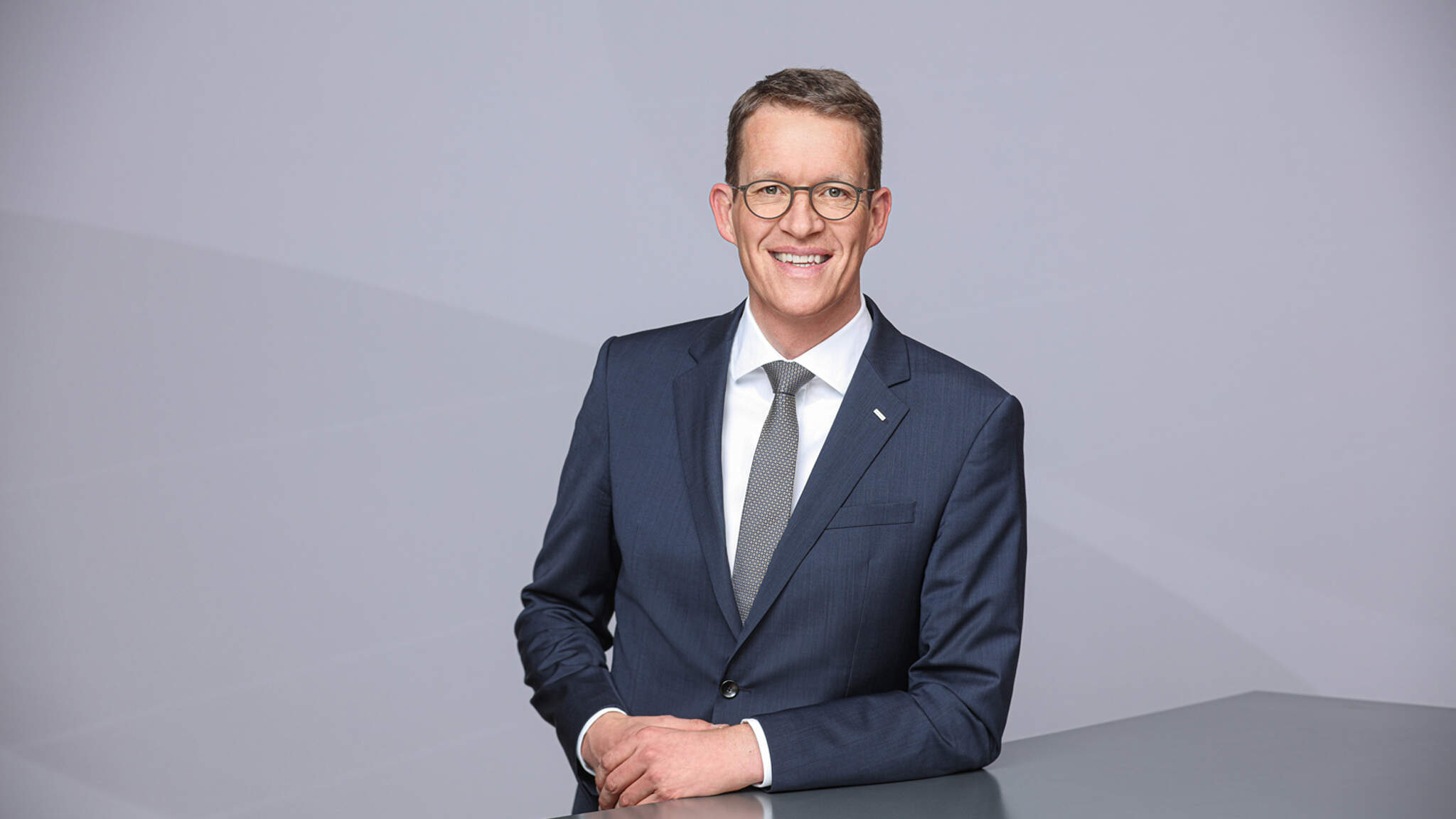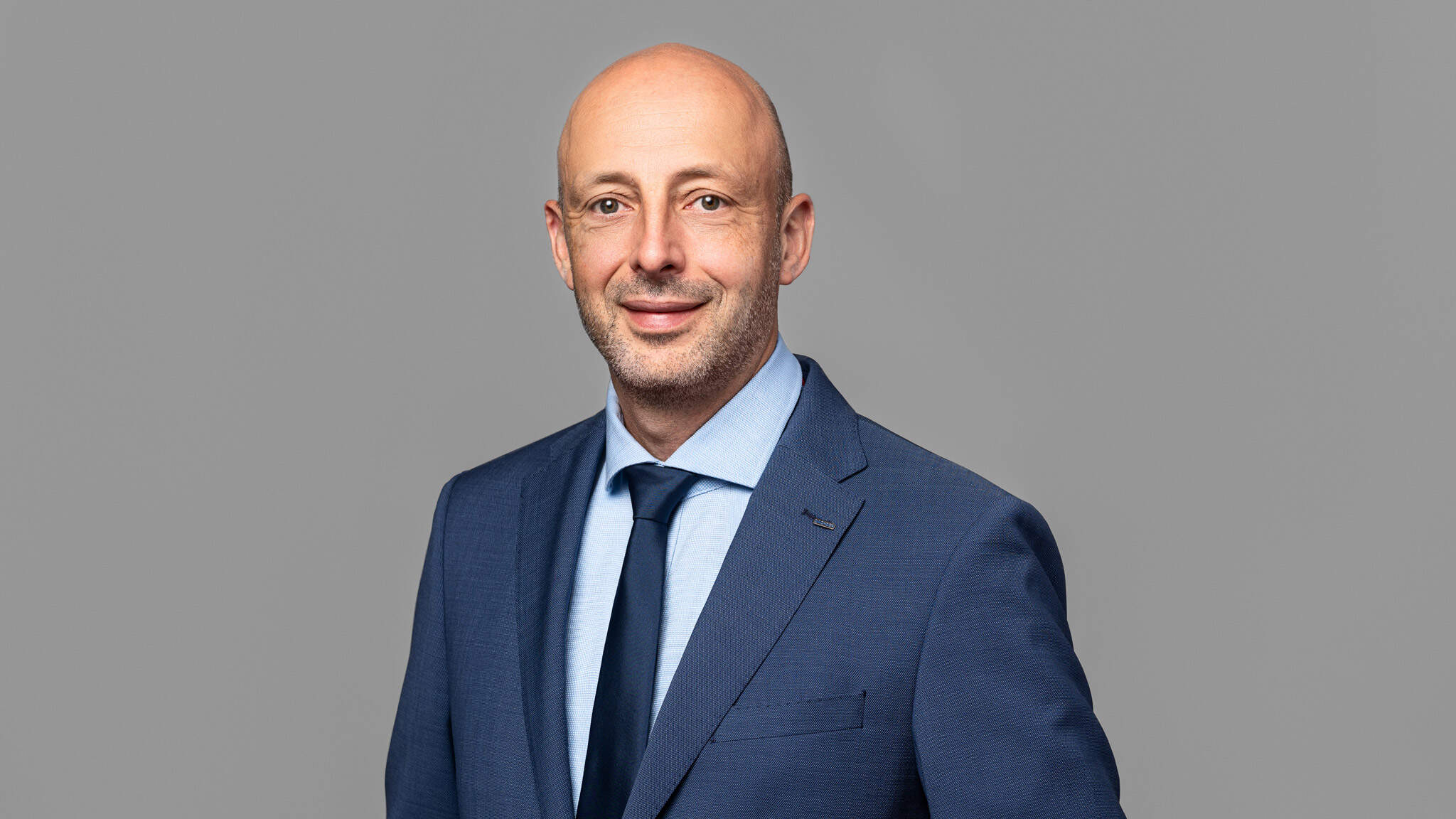On the way to sustainable city distribution
From research to practical tests to network standard: The innovation project 'City Distribution' has set milestones in more sustainable city delivery with general cargo. CEO Burkhard Eling talks about achievements and future goals.

How can we continue to make reliable groupage deliveries to Europe’s city centers in the future if more and more entry restrictions are imposed on diesel trucks? To answer this question, we launched the City Distribution research and innovation project. In its seven-year history, this project has been a prime example of how to successfully translate research into field tests and ultimately into productive standardized processes in the European logistics network.
Although we’re now officially bringing this project to an end, we can look back and acknowledge the many milestones it achieved. More than 1,000 ideas submitted by our employees became part of a City Distribution toolbox containing methods, processes, and technologies that enable our branches to roll out tailored city distribution solutions in their local area. In 2018, our first zero-local-emission delivery area for groupage shipments in Stuttgart won an award from the German government as part of its sustainable urban logistics competition. We even surpassed our stated goal of implementing eleven such schemes by the end of 2022: we managed twelve.
Another ten zero-emission delivery areas planned
So what’s next for DACHSER Emission-Free Delivery? The increased availability of electric trucks is helping us meet our customers’ needs and establish at least ten more zero-local-emission delivery areas in Europe by 2025. Our focus here is on cities with populations of over one million. In this way, we continue to play a major role in reducing pollutant and noise emissions in the busiest city centers.
